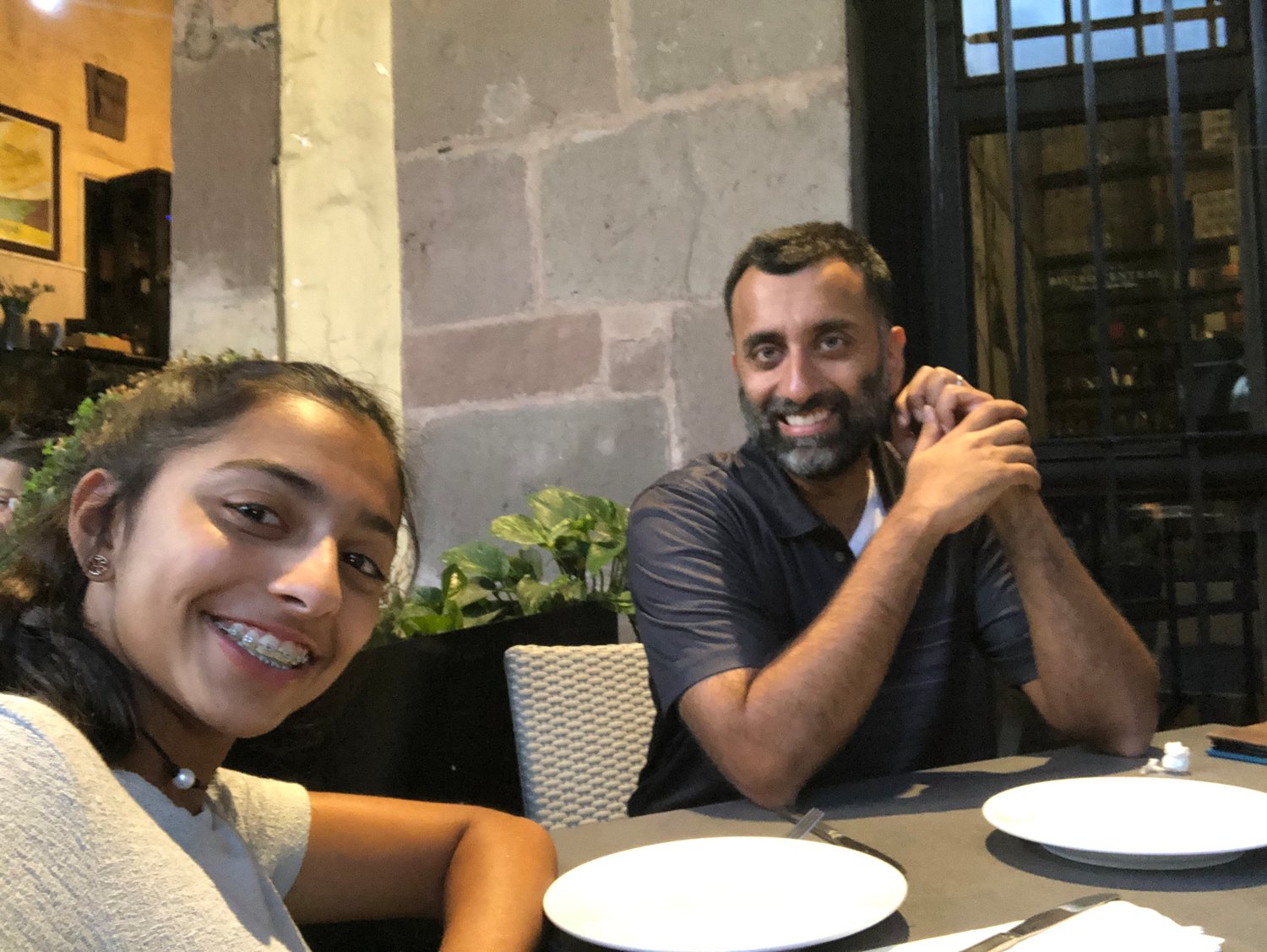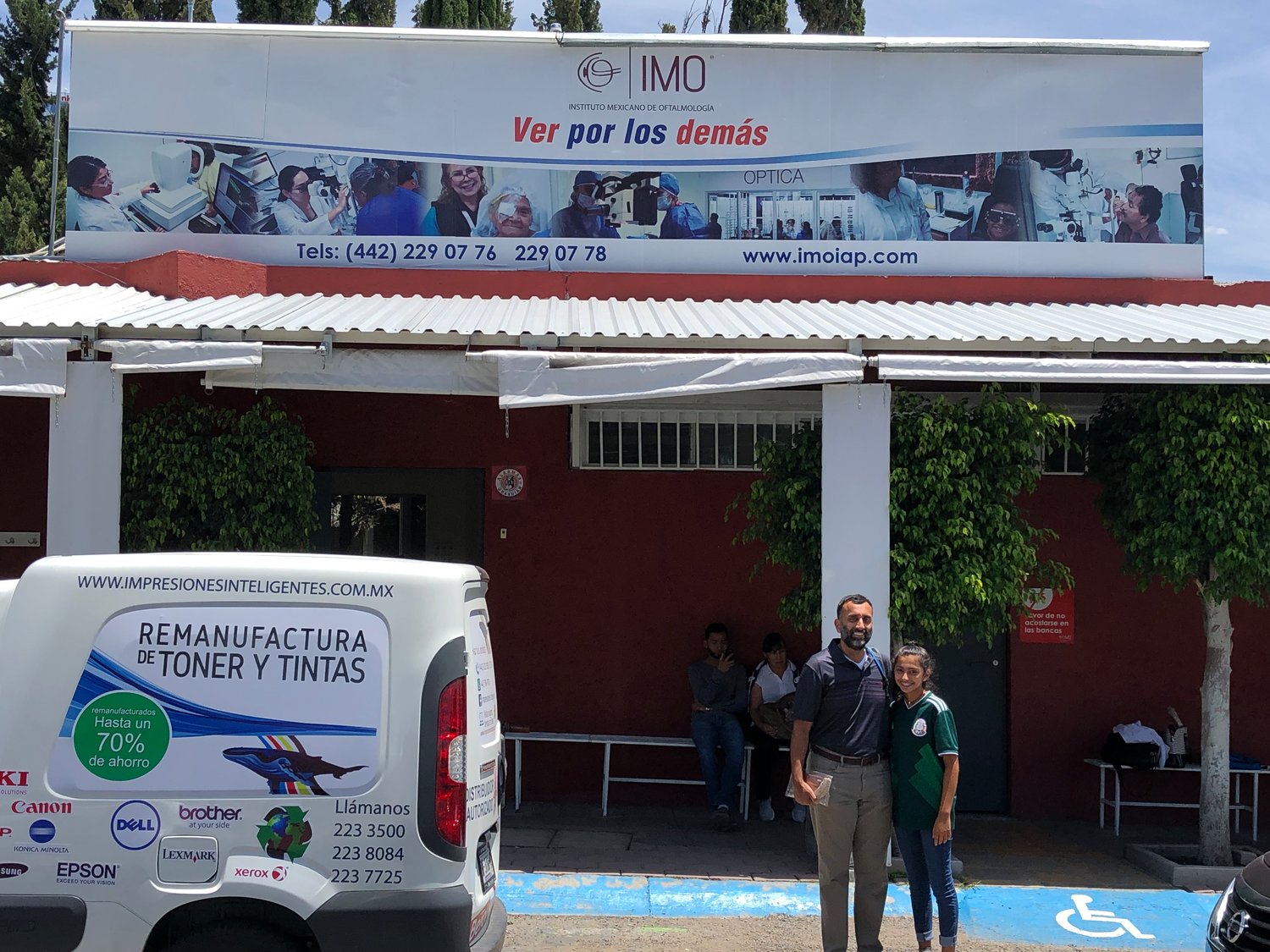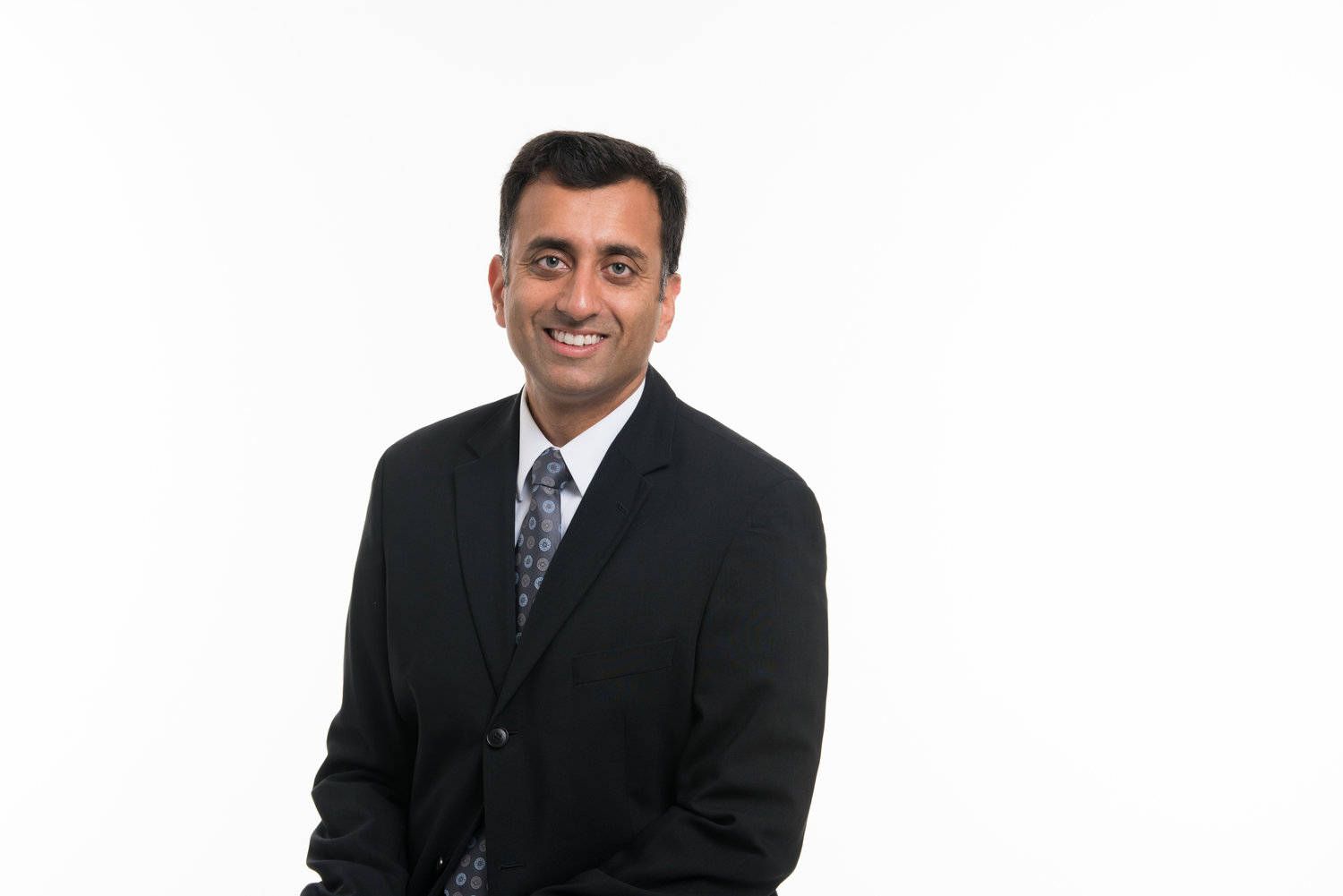Father-daughter mission trip: Training in low-cost cataract surgery
Raising a busy teenager, sometimes you have to fly out of the country to hang with her. When my daughter Sofia and I took a mission trip last year to Querétero, Mexico, we knew I’d be learning an important technique to help underserved patients. We didn’t realize how much it would bring us closer together as father and daughter, and how it would help shape the way she sees the world.
Fostering lifelong learning
Sofia and I set out for the Institute of Mexican Ophthalmology as an opportunity for me to learn a surgical technique called Manual Small Incision Cataract Surgery, or MSICS. This technique is used to provide safe, effective, low-cost cataract surgery to patients in low-income and underserved areas. I don’t anticipate using this for my current practice, because in the United States we don’t typically see cataracts so dense as to need it. But by learning this technique, I can now deliver care to patients in need on future cataract mission trips.
At age 14, Sofia had been showing an interest in medicine for years, but wasn’t sure where it would take her. This trip was a great chance to show her that despite me being done with medical school and my residency, I’m still always trying to learn new techniques and procedures. She saw that learning is a life-long effort, and school is not the end of it. We talked about how when there are opportunities to learn, you should always be a life-long learner and better yourself with new skills. In this case, the skills were to help other people in other communities.
Watching surgery in action
By the time we arrived in Mexico, I had already received my first level of training in MSICS at a conference in San Diego. Now it was time for me to put my training in action with a mentor while Sofia learned as well. For our first two days, we would get gowned up for surgery and watch my mentor as I explained the steps of cataract surgery to us. Then she would join us as we met with patients and help as we went from room to room. The last two days of our trip, I performed the surgery while Sofia watched. It was important for me that Sofia have that chance to shadow a doctor and see surgery live for the first time. It was also the first time she saw what I did and watched me perform surgery.
Sofia was a big help during our time at the hospital as well. There was one day where my mentor—and main translator—had to leave to do another surgery. She left me in the capable hands of other teachers, but they didn’t know much English, and my Spanish was at a similar level. Sofia was quick on her feet and, in the middle of surgery, used her Spanish skills and Google translate to help me get all my questions answered. The surgery went great and it was a wonderful experience for Sofia to get to use her Spanish and help in an important way.
Seeing a new perspective on the world
The hospital we worked at is run by private funding, for people of all socioeconomic status. Everyone gets care and pays only based on what they can afford. They treat hundreds of patients everyday, so some of the waiting rooms are outside. Naturally, Sofia was shocked to see so many people needing care and to learn about how sometimes people don’t get the care they need. Seeing a hospital in a different light than what we have here in Jacksonville was important for her development. The weather was hot, and we were up in the altitude. But despite the waiting rooms being packed, the hospital got through everyone by the end of the day.
I’m glad Sofia had a chance to see a little of what I do and get a feeling of how medicine is practiced, especially in other parts of the world. When we weren’t at the hospital, we had a great time exploring the city and eating at different restaurants. Sofia enjoyed seeing surgery in action, learning what cataract surgery is and the basics of it. I’m not sure if she’ll go into ophthalmology—she’s going into 10th grade now and is still interested in medicine, but she likes cardiology. No matter what, I’ll always be grateful for the time to bond with her and show her more about medicine and the world around us.
Amit Chokshi, M.D., is a partner and ophthalmologist at Florida Eye Specialists. He is fellowship-trained in both cornea and cataracts and is a LASIK specialist. For more information on Dr. Chokshi, visit FloridaEyeSpecialists.com or call 904-564-2020.
Photos provided by Amit Chokshi












